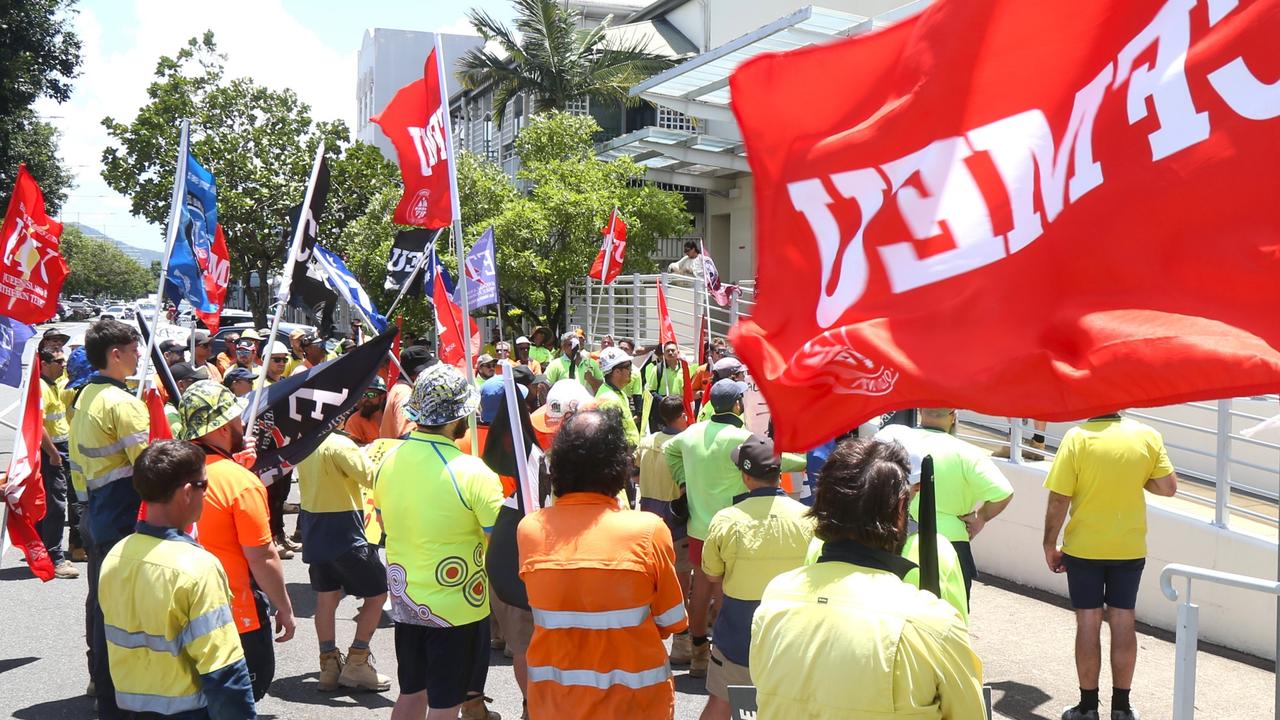Fadden by-election: What Labour and LNP insiders really think about result
When is a win not a win? That’s the argument being advanced by Labor and some senior members of the LNP over the outcome of the Fadden by-election last weekend, writes Andrew Potts.
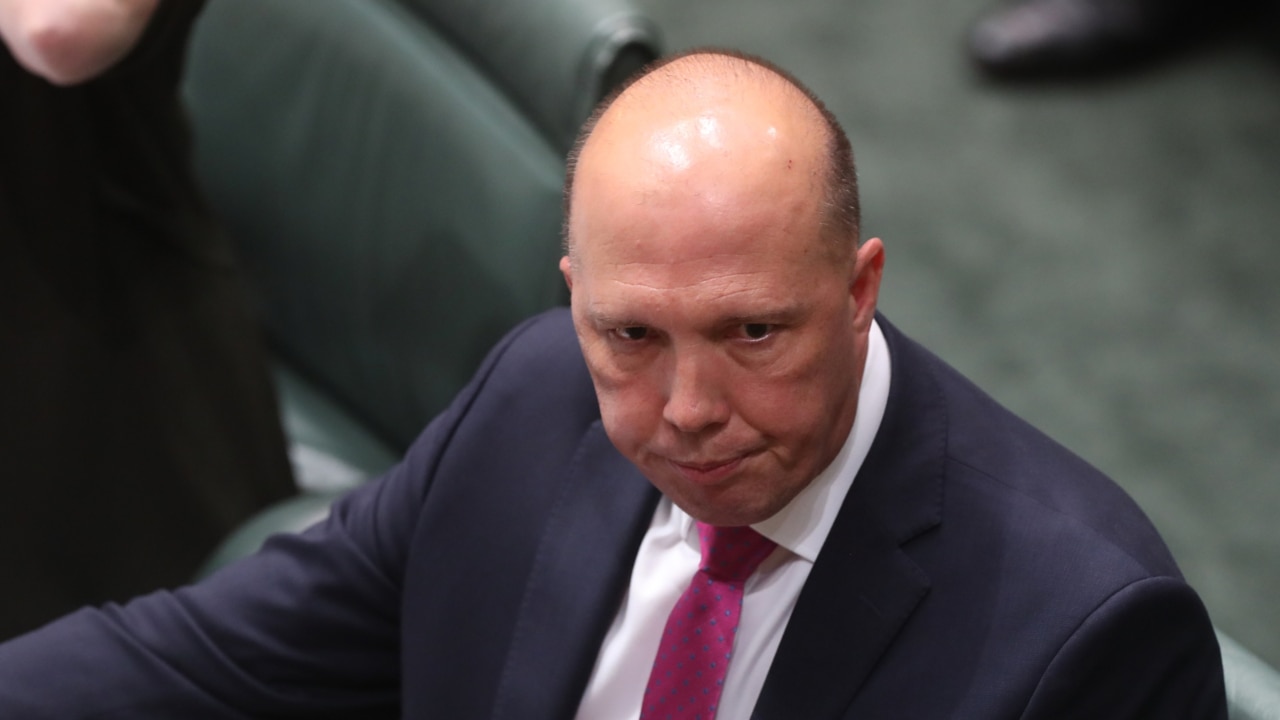
Opinion
Don't miss out on the headlines from Opinion. Followed categories will be added to My News.
When is a win not a win?
That’s the argument being advanced by Labor and some senior members of the LNP over the outcome of the Fadden by-election last weekend.
The LNP candidate, Cameron Caldwell, easily won the seat with more than 60 per cent of the vote.
It was an overwhelming and comprehensive victory and a crowning achievement for Mr Caldwell in realising his ambition to enter federal parliament.
But there’s a larger issue which has raised questions on both sides of politics – why did the federal Opposition spend a reported $630,000, a princely sum in political terms, to retain a safe seat it had no realistic proposition of losing?
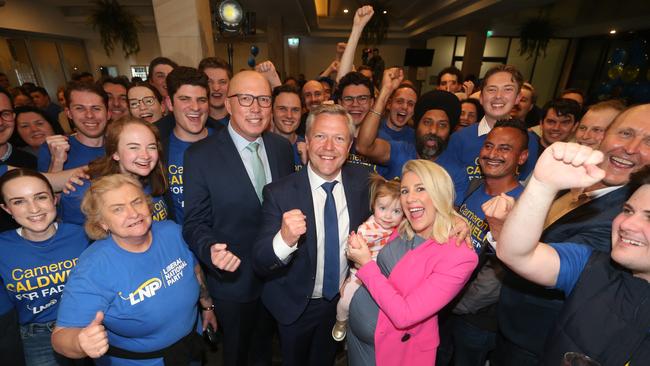
The answer varies, depending on who you ask.
Labor questions the spending and views it as a sign of insecurity within the LNP over its electoral fortunes.
Fiscally conservative LNP members told me this week they found the extraordinary spend mystifying and unnecessary, particularly given Labor was comparatively spending little.
They also worry their law-and-order message and campaign, which largely was targeted at Premier Annastacia Palaszczuk, failed to deliver more than 2 per cent swing, half that of the historic average vote against an incumbent government.
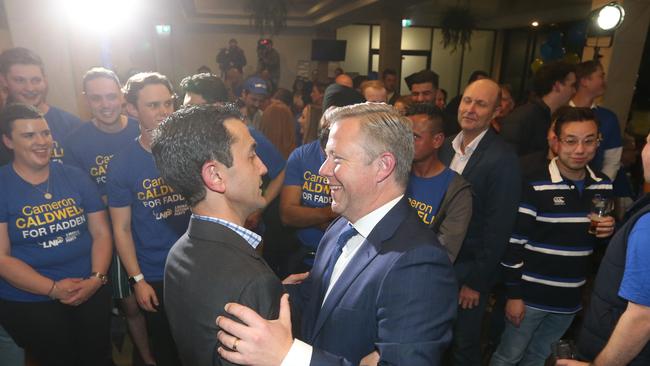
All this while coming off a low base, with LNP’s margin in Fadden sitting at 10.6 per cent before the election.
Even following Saturday’s vote, the party’s share of the vote is still below that of past elections.
All this on top of a historically low voter turnout.
Underpinning the spend was the fear, however unwarranted, of another loss and what it would mean for Queensland-based Opposition leader Peter Dutton’s future.
One theory being advocated is that LNP bosses look at the spend as a long-term investment heading into next year’s state election when Labor will aim to secure a fourth consecutive term in power.
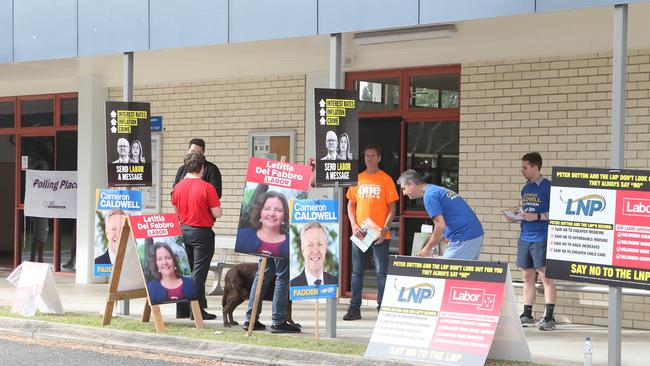
Using the funds to sow greater anti-Palaszczuk sentiment and install a new federal MP who is expected to wage an aggressive and public campaign against incumbent local state Labor MP Meaghan Scanlon is seen as worthwhile.
Queensland federally is the LNP’s citadel which held firm behind the conservatives at last year’s election while the rest of Australia terminated Coalition rule.
Yet on a state level the LNP has held power for less than six years across two terms of government since 1989. With polls indicating support for Ms Palaszczuk’s government is falling, the Opposition view 2024 as their best and most realistic chance to return to power.
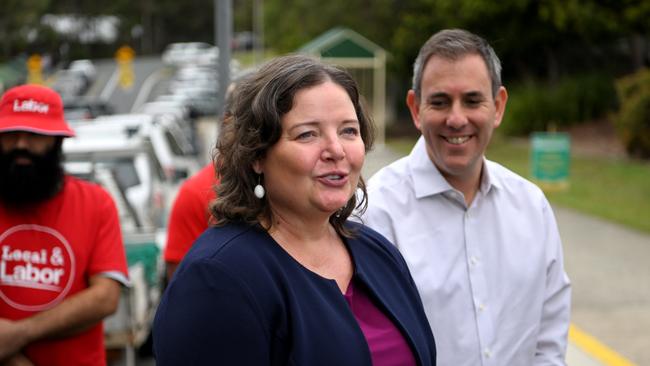
Ms Palaszczuk earlier this week dismissed any suggestions that the Fadden result had any wider significance, nor that it meant Ms Scanlon was in danger in her seat of Gaven. Many younger LNP members feel energised by the result and have a spring in their step after a string of blows, particularly last year’s federal election defeat and the shock loss of March’s Aston by-election.
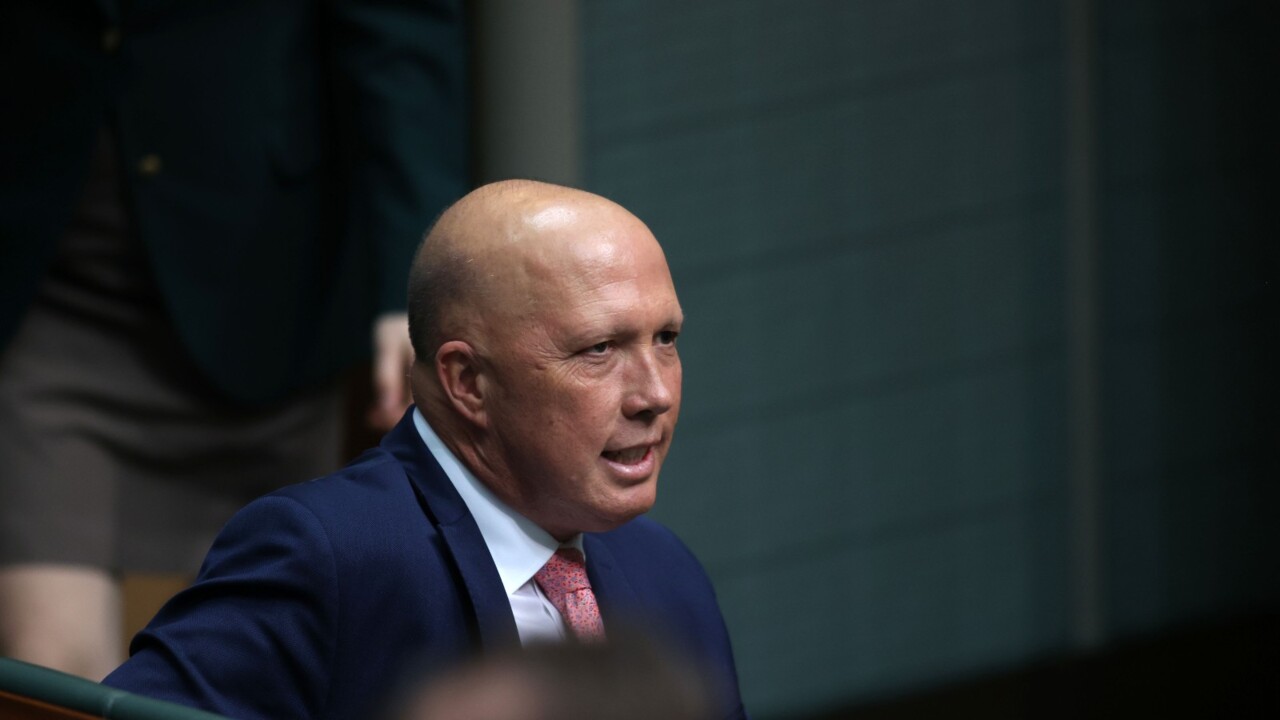
More experienced figures are hopeful but admit one by-election result in an ultra-safe seat is hardly representative of a national trend, or suggesting federal Labor is in danger of defeat two years from now.
Having seen Ms Palaszczuk bounce back from poll slumps to win elections several times, they also warn against overconfidence so far out from the state election.
The Fadden tea leaves simultaneously say a lot, but also say very little about what we can expect the political state of play to be in the future.




